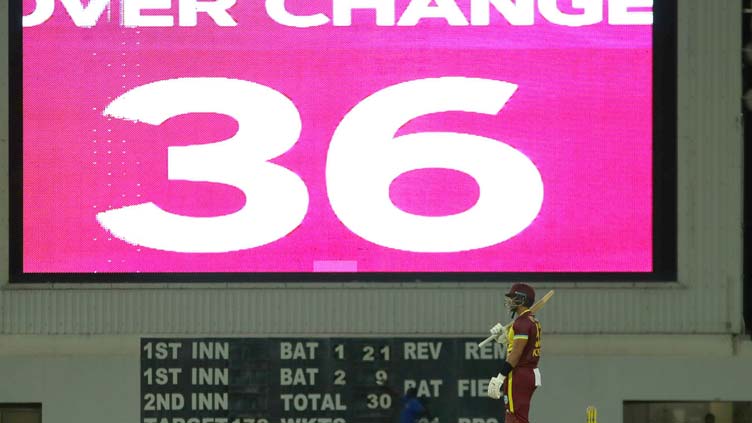
The International Cricket Council (ICC) announced a significant rule change that will impact the pace of limited-overs cricket. Starting with the Men’s T20 World Cup 2024, co-hosted by the USA and West Indies on June 1st, ICC makes the stop clock mandatory which will be used to regulate the time taken between overs in One-Day Internationals (ODIs) and Twenty20 Internationals (T20Is).
This decision follows a successful trial period that began in December 2023. The ICC introduced the stop clock on an experimental basis in men’s white-ball matches to address concerns about slow play and ensure faster completion of games.
The trial proved fruitful, with the ICC reporting a reduction in match duration. “Results presented to the Chief Executives’ Committee (CEC) demonstrated that approximately 20 minutes had been saved per ODI match,” stated the ICC press release.
Under the new permanent playing condition, the fielding team will have 60 seconds to begin the next over after the previous one concludes. An electronic countdown clock will be visible on the ground, with the third umpire responsible for initiating and stopping the clock as necessary.
Failure to adhere to the 60-second limit will result in a two-warning system. Subsequent violations will incur a five-run penalty for each offense. However, there are exceptions:
- A new batter arriving at the crease between overs.
- Official drinks breaks.
- Umpire-approved treatment for injured players.
- Time lost due to circumstances beyond the fielding team’s control.
This rule change signifies the ICC’s commitment to enhancing the spectator experience and maintaining the dynamism of white-ball cricket. The T20 World Cup 2024 will be the first major tournament to implement the stop clock, potentially leading to a faster-paced and more exciting spectacle for fans around the globe
Also, see:
Rashid Khan all set for international appearance after missing PSL
